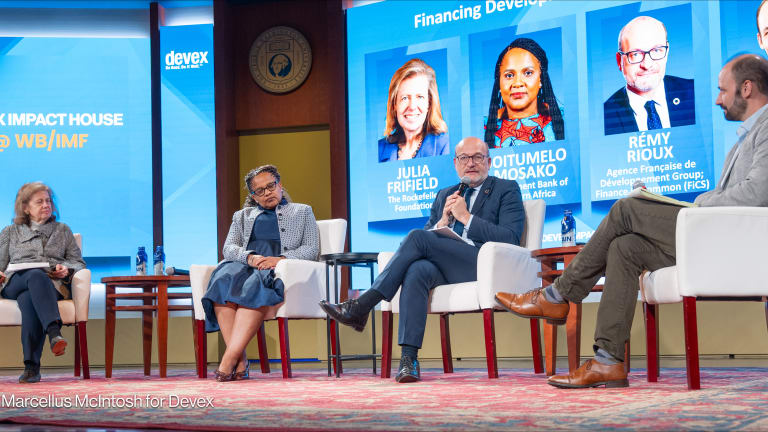
In the United Nations’ first wave of global consultations, three priorities have emerged as post-2015 development goals.
The priorities, summed up in a snapshot report called The Global Conversation Begins, have emerged from the results of a global multimedia conversation, involving more than 200,000 people in 83 national dialogues across 189 countries.
The report has revealed the following priorities:
The progress on the Millennium Development Goals should be accelerated and adapted to contemporary challenges, such as growing inequalities within countries and the impact of globalization.
The consultations point to the need for a universal agenda to address challenges such as environmental degradation, unemployment and violence.
People want to participate, both in agenda setting as well as monitoring the progress of the post-2015 framework implementation.
According to the report, the consultations suggest a number of implications for a new development agenda, which include the following:
While measurability and focus will continue to be important, the new agenda should be balanced and holistic to be successful.
The consultations point to the need for a genuinely universal agenda, taking up persistent social challenges in relatively wealthy countries and acknowledging the interconnectedness of people, governments and business across the globe.
The new agenda must find a way to ensure real results, realize human rights and use technology to engage people the world over in taking the next development agenda forward.
The report has been distributed to more than 100 representatives of U.N. member states who will play a key role in negotiating the global development framework that will succeed the MDGs.
The United Nations has engaged the participants of its global conversation through a mosaic of communications platforms, including digital media, mobile phone applications, conferences and surveys.
A U.N. Development Programpress release said U.N. teams in the member states have ensured that groups typically silent in global processes — women, indigenous communities, youth, persons with disabilities, among other sectors — could participate in the consultations and make their voices heard on what they believe are priorities for their communities’ development.
Later this month, the report will be handed over to U.N. Secretary-General Ban Ki-moon’s High-level Panel on the Post-2015 Development Agenda, whose main task is to prepare recommendations. The panel, headed by U.K. Prime Minister David Cameron and Presidents Ellen Johnson-Sirleaf of Liberia and Susilo Yudhoyono of Indonesia, will meet in Bali at the end of March.
Read more development aid news online, and subscribe to The Development Newswire to receive top international development headlines from the world’s leading donors, news sources and opinion leaders — emailed to you FREE every business day.








